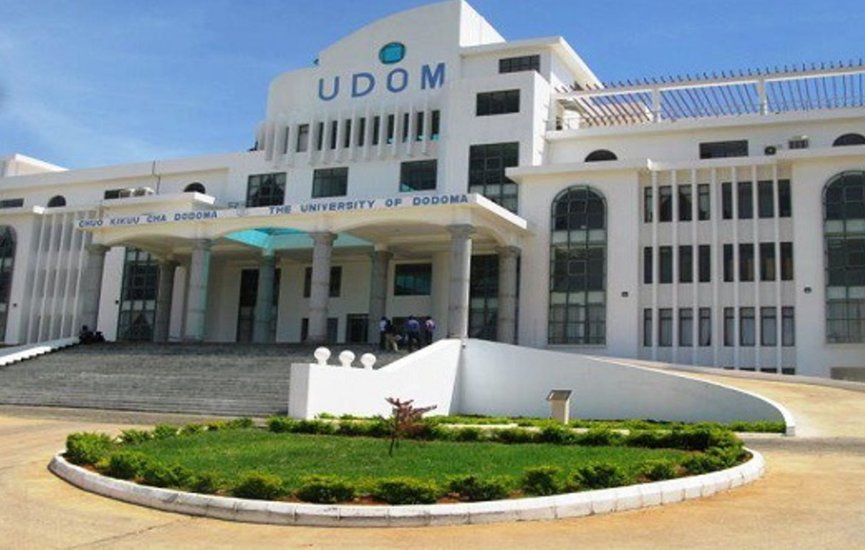Dodoma, Tanzania – The University of Dodoma (UDOM) has suspended admissions into nine of its teacher education degree programmes after a government-led review revealed widespread academic qualification irregularities among admitted students.
The suspension comes in response to findings by the Ministry of Education and the Tanzania Commission for Universities (TCU), which showed that the majority of students enrolled in these programmes did not meet the minimum entry criteria. The programmes, which focused primarily on training science and mathematics teachers, were part of a national initiative to address teacher shortages in secondary schools. However, of nearly 8,000 students admitted under the scheme, only 382 met the required qualifications—namely passing grades in at least two science subjects at Division I or II in their secondary education.
The revelations prompted the government to take swift action, removing more than 7,400 students from the university. Of these, 6,595 were reassigned to various public teacher training colleges, where the state will fund their education for two years, including an annual tuition fee of TZS 600,000 per student. Another 269 students who failed to qualify for teacher training were placed in vocational training centres. Only the 382 students who met the academic standards were permitted to continue their studies at UDOM.
The decision is part of a broader effort by the Tanzanian government to restore integrity in higher education and to address the growing number of unemployed graduates. According to the Ministry of Education, over 300,000 registered teachers remain without employment, even as nearly 100,000 teaching positions in public schools remain vacant. The government argues that aligning student admissions with labour market demands is critical for reducing graduate unemployment and maintaining education quality.
The decision is part of a broader effort by the Tanzanian government to restore integrity in higher education and to address the growing number of unemployed graduates. According to the Ministry of Education, over 300,000 registered teachers remain without employment, even as nearly 100,000 teaching positions in public schools remain vacant. The government argues that aligning student admissions with labour market demands is critical for reducing graduate unemployment and maintaining education quality.
Despite the government's justifications, the move has sparked controversy. University staff, student leaders, and members of parliament have criticised the manner in which the suspensions were handled. Some lecturers claimed students were asked to vacate dormitories on short notice, with many left stranded without transportation. They also questioned why academic staff and university senates were not consulted during the design and implementation of the accelerated training programme.
The University of Dodoma Academic Staff Association (UDOMASA) expressed concern over what it described as a top-down decision-making approach that excluded professional educators from the policy process. Meanwhile, MPs demanded answers in parliament, with some calling for a halt to the Water Ministry's budget proceedings until the education crisis was addressed.
Speaking on the matter, Education Minister Prof. Joyce Ndalichako maintained that the government had no choice but to take corrective action. She emphasised the importance of academic integrity and warned that any future admissions must strictly follow national guidelines. The Ministry has since directed all universities and colleges to review their admission processes to ensure compliance.
While UDOM’s suspended programmes remain under review, broader discussions are underway about the future of teacher training in Tanzania. Calls for improved coordination between government bodies, universities, and the labour market have grown louder, with many urging reforms that are both inclusive and sustainable.
As the dust settles, questions remain over how the suspended students will adjust to their new placements and whether Tanzania's education system can strike a lasting balance between accessibility, quality, and relevance.
